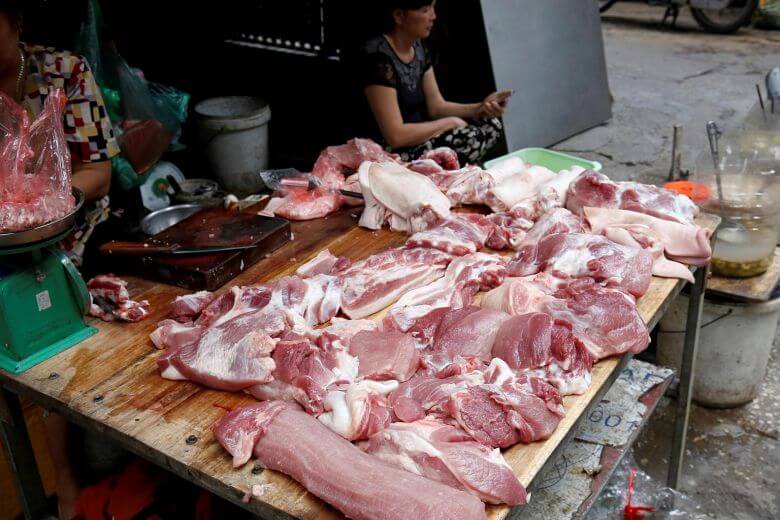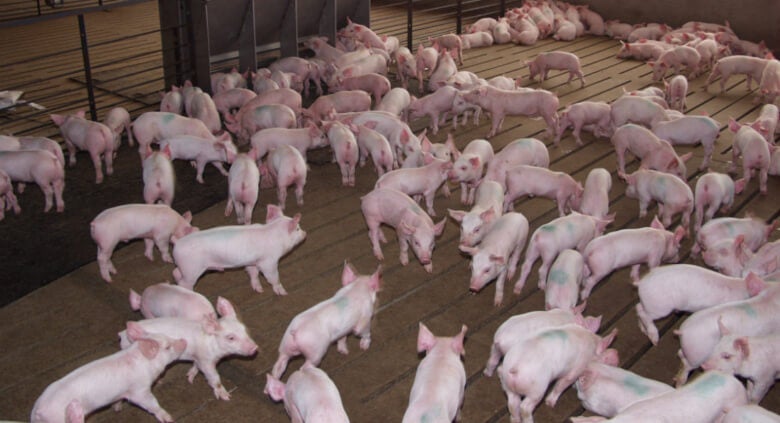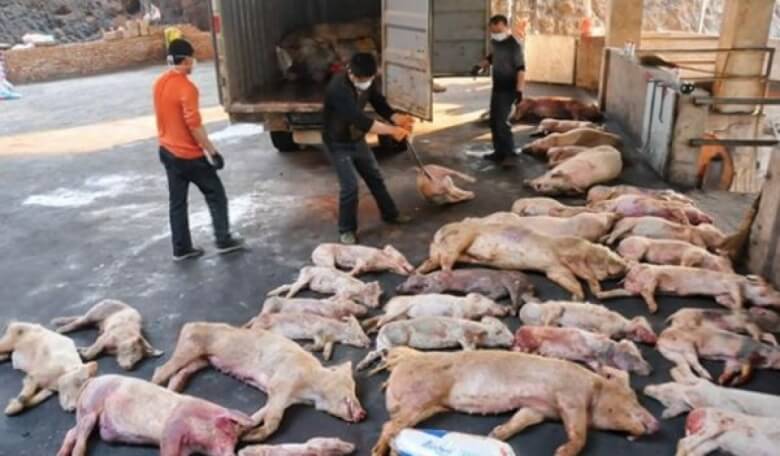Viruses and diseases know no boundaries, especially in this era where we can travel from country to country, sometimes carrying the most dangerous strains unknowingly to new lands where they could spread to an unprotected populace. Currently, one of the most concerning issues for Vietnam, is the rapid spread of swine fever in the country.
Because of that, Vietnam has culled more than 1.2 million farmed pigs in the country that have been infected with African swine fever, said the government on Monday (13 May).

Source: the straits times
According to The Straits Times, the Southeast-Asian country’s total meat consumption is up about three-quarters pork, with most of its 30 million farm-raised pigs being consumed domestically.
The virus has been spreading in Vietnam for over four months – ever since it was first detected in February, and has affected 29 provinces in the country, including Dong Nai, which supplies about 40 per cent of the pork consumed in Ho Chi Minh City.
“The risk of the virus spreading further is very high and the evolution of the outbreak is complicated,” the government said in a statement.

Source: drovers
Despite 1.2 million pigs already being culled, many of the provinces in the country have failed to detect any outbreak of the swine fever due to a lack of funds, and have also not been able to cull the infected pigs properly because of the lack of space needed for burying the dead pigs.
Because of the severity of this problem, the United Nations Food and Agriculture Organisation (FAO) in March advised Vietnam to declare the swine fever outbreak a national emergency.
Unfortunately, the swine fever has not been contained to Vietnam and has spread to China, which, according to the Singapore Food Agency, is still on the agency’s list of approved pork exporting nations, while Vietnam is not approved to export pork to Singapore.

Source: asianews
Thankfully, swine fever is not contractable by humans, but can be spread rapidly through dead or live pigs domestic and wild alike, and via pork products. Animals can contract symptoms like high fever, weakness, skin lesions, vomiting, diarrhoea and difficulty breathing, and because it spreads so rapidly, the only way to stop it is to cull all affected or exposed swine herds as there is no vaccine for the disease.
Affected animals have now been reported in every province in China, and the disease has spread to neighbouring Mongolia and Cambodia.
Hopefully this situation will come under control and that the swine fever will not spread to other neighbouring countries around Vietnam.
Also read: Man Tests Positive For Monkeypox in Singapore, 23 People Quarantined For 21 Days








































